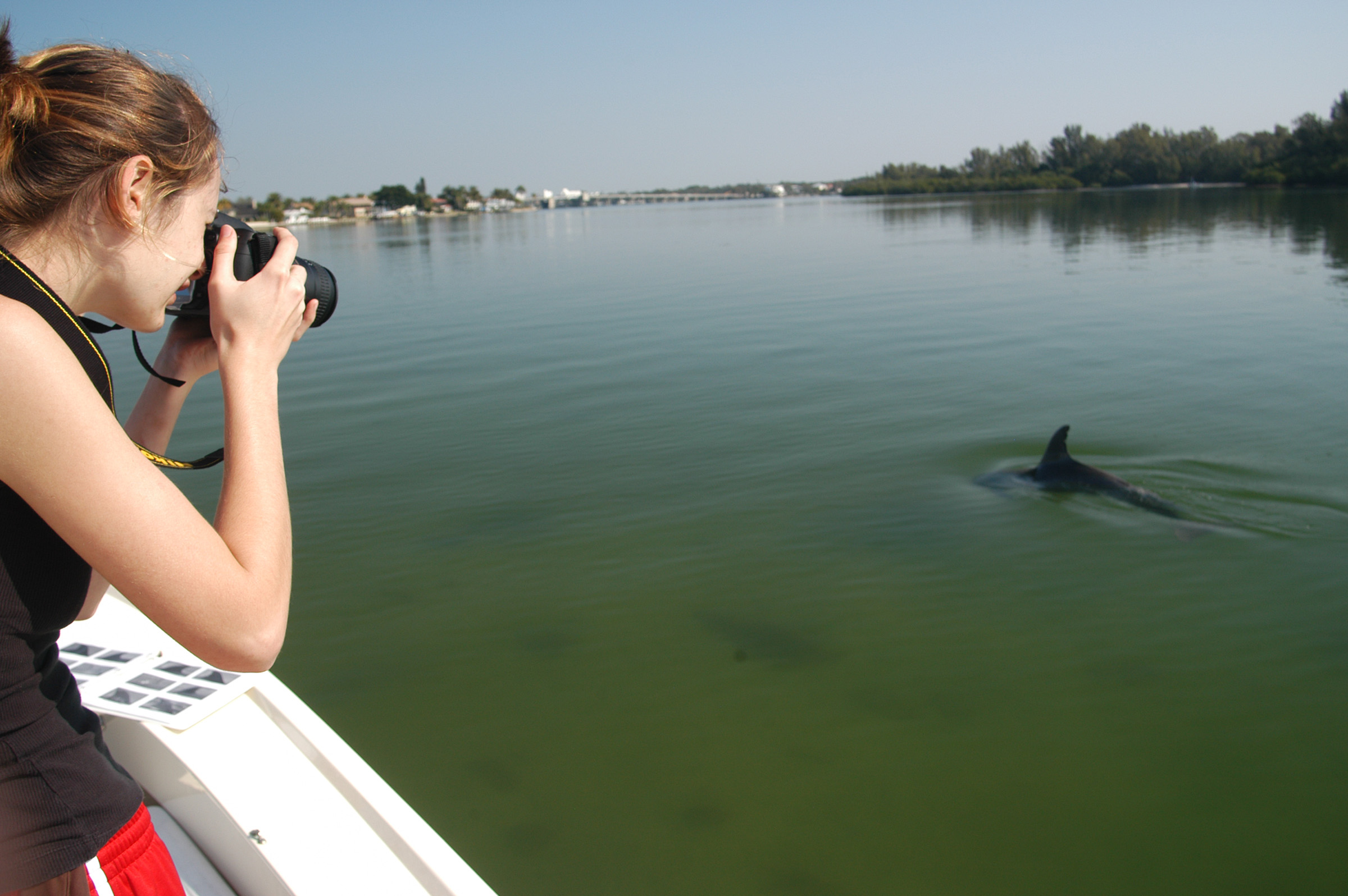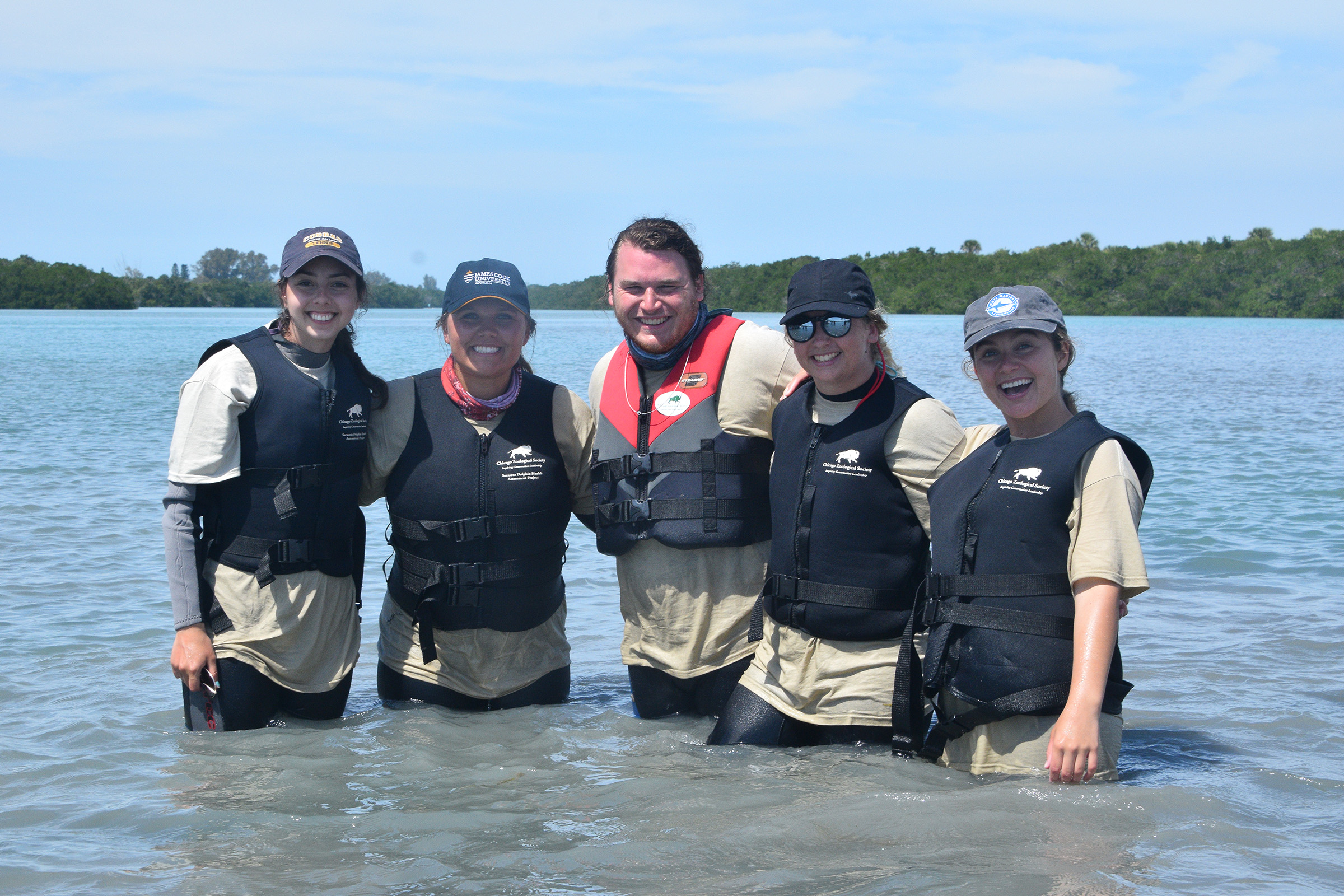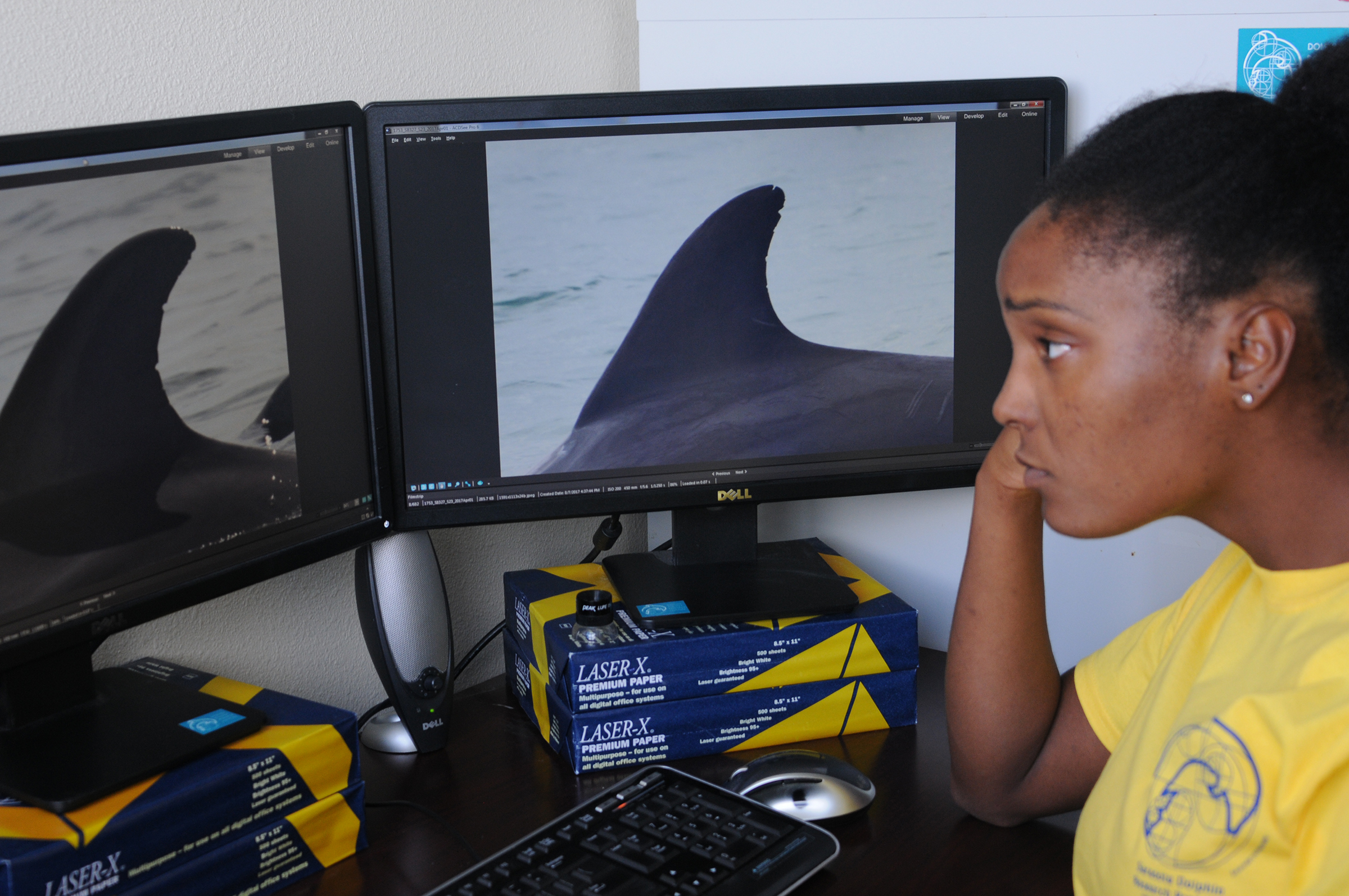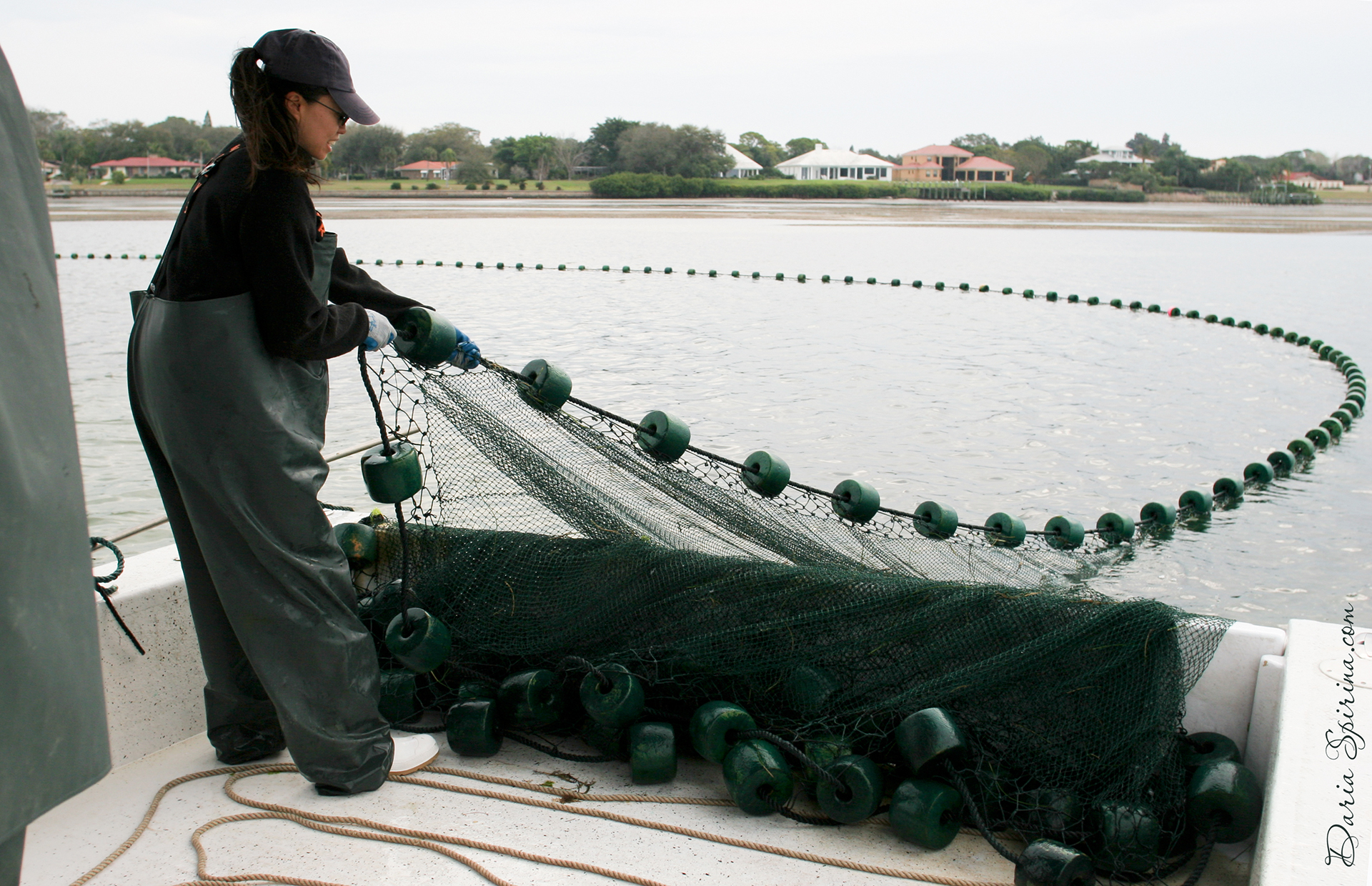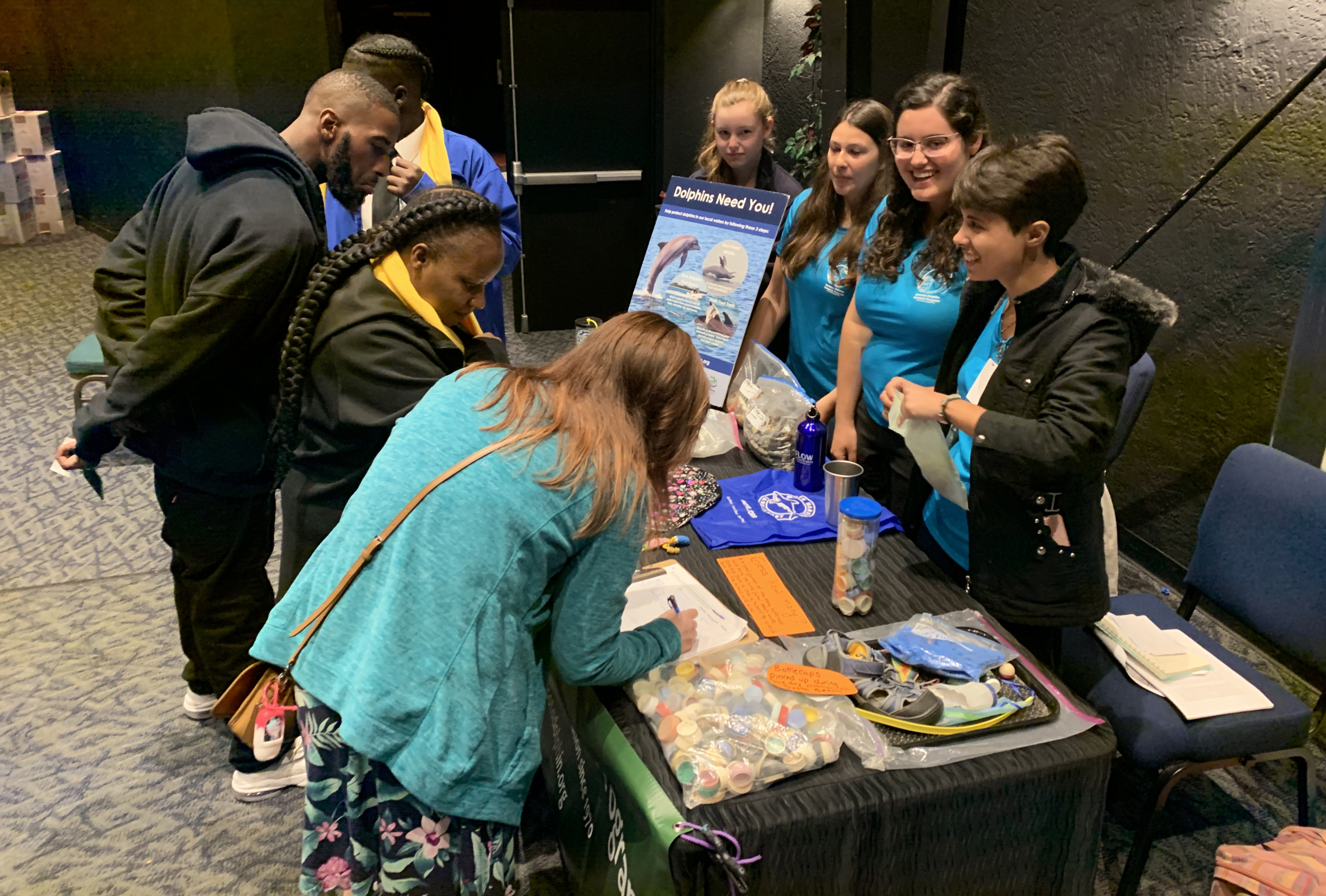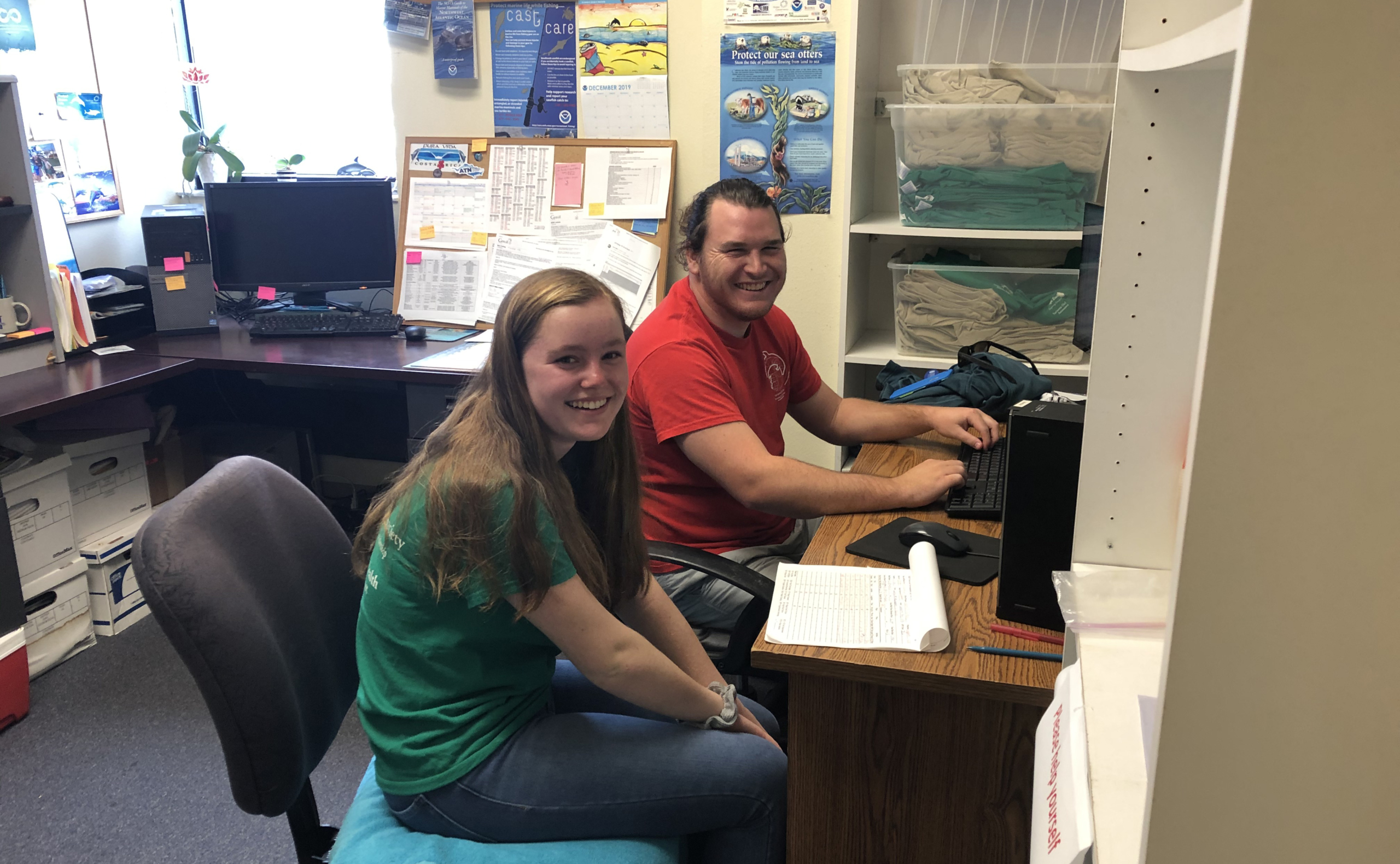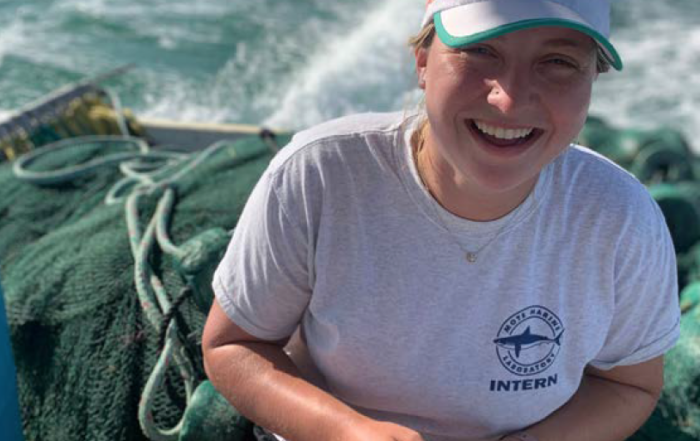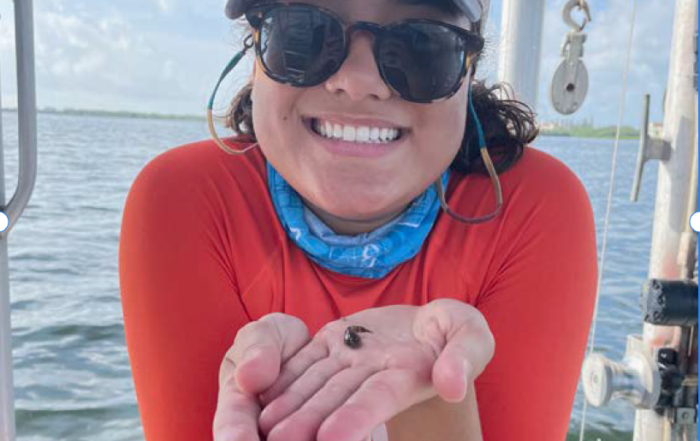Internships
The Chicago Zoological Society’s Sarasota Dolphin Research Program is based at Mote Marine Laboratory in Sarasota, Florida, with the primary goal of contributing to a better understanding of the structure and dynamics of populations of small cetaceans, as well as the natural and human-induced factors that impact them. The SDRP uses an interdisciplinary and collaborative approach in conducting studies of bottlenose dolphins within Sarasota Bay, Tampa Bay, Charlotte Harbor, Naples/Marco Island, and the Gulf of Mexico coastal waters. Interns will be provided a $3,000 stipend to help offset the cost of travel, housing and personal/incidental expenses associated with relocating for the term of the internship. Interns will receive no remuneration for any duties or assignments they may perform during the internship.
The SDRP selects volunteer interns through the Chicago Zoological Society (CZS) internship program & process.
Internship Periods and Application Deadlines:
- Winter 2024 (positions January to April, applications due to CZS by Oct. 1, 2023);
- Summer 2024 (positions mid-May to August, applications due to CZS by Feb. 1, 2024);
- Fall 2024 (positions September to December, applications due to CZS by June 1, 2024).
Please note that interns will be provided a $3,000 stipend to help offset the cost of travel, housing and personal/incidental expenses associated with relocating for the term of the internship. Interns will receive no remuneration for any duties or assignments they may perform during the internship.
Successful candidates will participate in the following research projects:
Dolphin population monitoring project (year ’round)
This study monitors the resident bottlenose dolphin community in Sarasota Bay and vicinity. Field duties include assisting with boat-based Photographic Identification Surveys for dolphin groups one-to-two weeks per month. Behavioral, location, individual, and environmental data are recorded for each dolphin group, and additional data related to human-dolphin interactions are also collected in conjunction with this project. While in the lab (at least two weeks per month), work will generally involve photo-identification of dolphins, computer data entry and verification, logging of videos into database and archives, dolphin dorsal fin identification catalog updates, boat and field equipment maintenance, and other duties.
Dolphin prey and habitat use project (January-March and June-September only)
This study uses the Sarasota dolphin community and fish populations to study relationships between distributions of dolphins and their prey, and the factors that affect fish community ecology, such as red tide. While in the field, work will involve sampling fish communities through purse seining techniques and collection of other environmental data. Interns typically participate in this project two-to-three days per month.
Other projects (to be designated)
Interns may participate in other research projects, depending on availability and timing of grant funding. Interns may also be asked to assist with dolphin rescues.
- For a greater understanding of the types of research the SDRP undertakes, please read “Uncovering the Secret Lives of Dolphins”
All internships must be a minimum of 10 weeks of participation, but ideally will run for 12-16 weeks. Please note that we typically only seek two to four interns for each session and that we receive many more applications than we have openings for — the selection process is very competitive. Interns should expect to spend about 20% of their time in the field, and about 80% of their time in the lab working with data, or performing equipment maintenance. There is no financial compensation for these internship positions, and successful applicants will be responsible for their own living and transportation expenses. Shared housing opportunities near Mote Marine Laboratory may be available.
Please note that CZS requires all interns to be fully COVID-vaccinated and boosted.
Qualifications
- Minimum of 18 years of age and engaged in, or recently completed, undergraduate or graduate studies;
- A background or degree in marine biology, biology, ecology, zoology, wildlife, fisheries, or a related field;
- Basic computer proficiency in Microsoft Office programs (especially Excel and Access);
- Excellent verbal communication skills, fluent in English;
- Must be physically fit and able to swim;
- Must be able to work effectively as part of a team;
- Some prior field research experience preferred but not required;
- Enthusiasm and desire to learn a variety of field and lab-based research methods;
- A willingness to spend a minimum of 10-12 weeks working full time as a volunteer with our program.
Application Process
- Fill out an application form on the Chicago Zoological Society’s internship website
- Complete and provide to CZS all required application materials including: a statement of interest, resume or CV, two letters of recommendation, and a current college transcript. Materials should be submitted via links within the “Application Steps” section of this page. Important to note: Incomplete applications will not be considered.
- Send an email to SDRP Intern Coordinator Dr. Katie McHugh, kmchugh@mote.org, stating your name, contact information, exact dates and duration of availability, how you learned about the internship opportunity (e.g. Mote, SDRP, Chicago Zoological Society, MARMAM, etc.), and that you have provided all application materials to CZS as detailed above.
- All applications completed by the deadline will be reviewed. Applicants may contact Dr. Katie McHugh at kmchugh@mote.org with questions.
Internship applicants applying because of an interest in engaging in graduate studies with the SDRP should discuss their interests with Program Director Dr. Randall Wells upon acceptance into the Internship program. Please note that there is no assurance that participation as an intern with the SDRP will lead to graduate research program opportunities.
An Intern’s Perspective
University of Miami student Cassidy Renninger was an SDRP intern during 2021. Here, in her words, was what her experience was like. Sometime between walking the paths at the Atlanta Zoo as a toddler
An Intern’s Perspective
Duke University student India Haber was an SDRP intern during 2021. Here, in her words, was what her experience was like. I’ve always been lucky in the sense that, from a young age, I


